Modern C++ Concurrency in Depth ( C++17/20)
Loại khoá học: Other IT & Software
modern c++ concurrency features including memory model, lock free data structure, thread pools, coroutines.
Mô tả
C++ programming language can be categorized under many topics. Some say its a general purpose programming language, some say its a object oriented version of C. But I liked to categorized it under system programming language. One characteristic of any system programming language including C++ is that language should be able to execute faster compare to other languages like java etc.
C++ paradigm took sharp turn with the introduction of C++11 standards. The most notable difference with previous version is the introduction of new memory model. Memory model is the key part of any language, and the performance of all the functionalities depends on that language memory model. With new c++ memory model, we can exploit tremendous power of modern multi core processors.
Programming a proper C++ code with better memory reclaim mechanism is tough task. But if we want to code thread safe code which can harvest underline processors true power is much more difficult task. In this course we will have in depth discussion on C++ concurrency features including memory model. We will implements thread safe data structures and algorithms, both lock based manner and lock free manner. Proper lock free implementations of data structures and algorithms will provide unprecedented performance output. Let me listed down key aspects we cover in this course below.
1.Basics of C++ concurrency(threads, mutex, package_task, future ,async, promise)
2.Lock based thread safe implementation of data structures and algorithms.
3.C++ memory model.
4.Lock free implementation of data structures and algorithms.
5.C++20 concurrency features.
5. Proper memory reclaim mechanism for lock free data structures.
6. Design aspects of concurrent code.
7. In depth discussion on thread pools.
8. Bonus section on CUDA programming with C and C++.
Bạn sẽ học được gì
Yêu cầu
Nội dung khoá học
Viết Bình Luận
Khoá học liên quan

Đăng ký get khoá học Udemy - Unica - Gitiho giá chỉ 50k!
Get khoá học giá rẻ ngay trước khi bị fix.



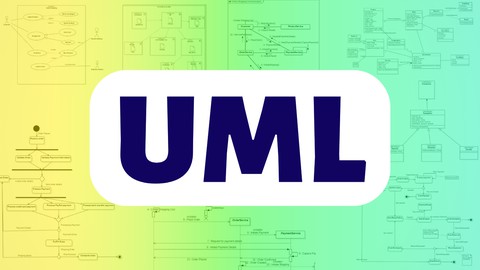
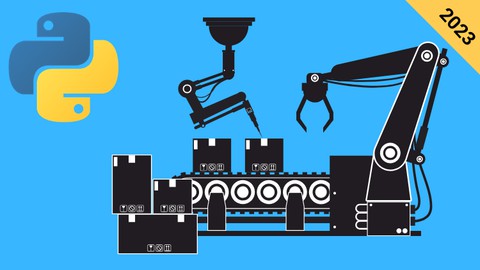





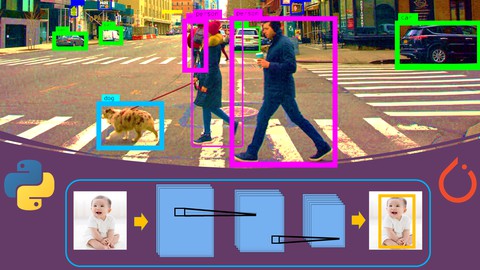




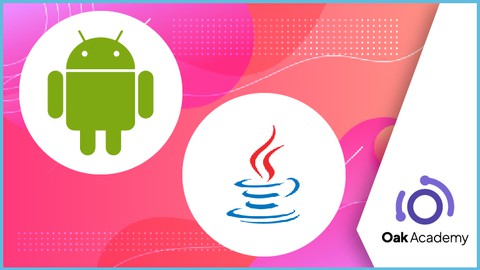

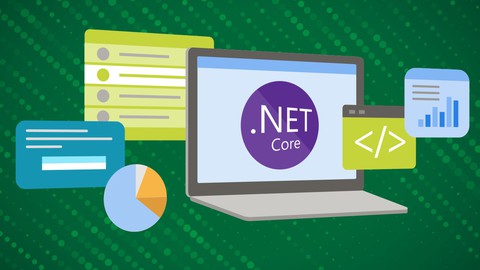
Đánh giá của học viên
Bình luận khách hàng